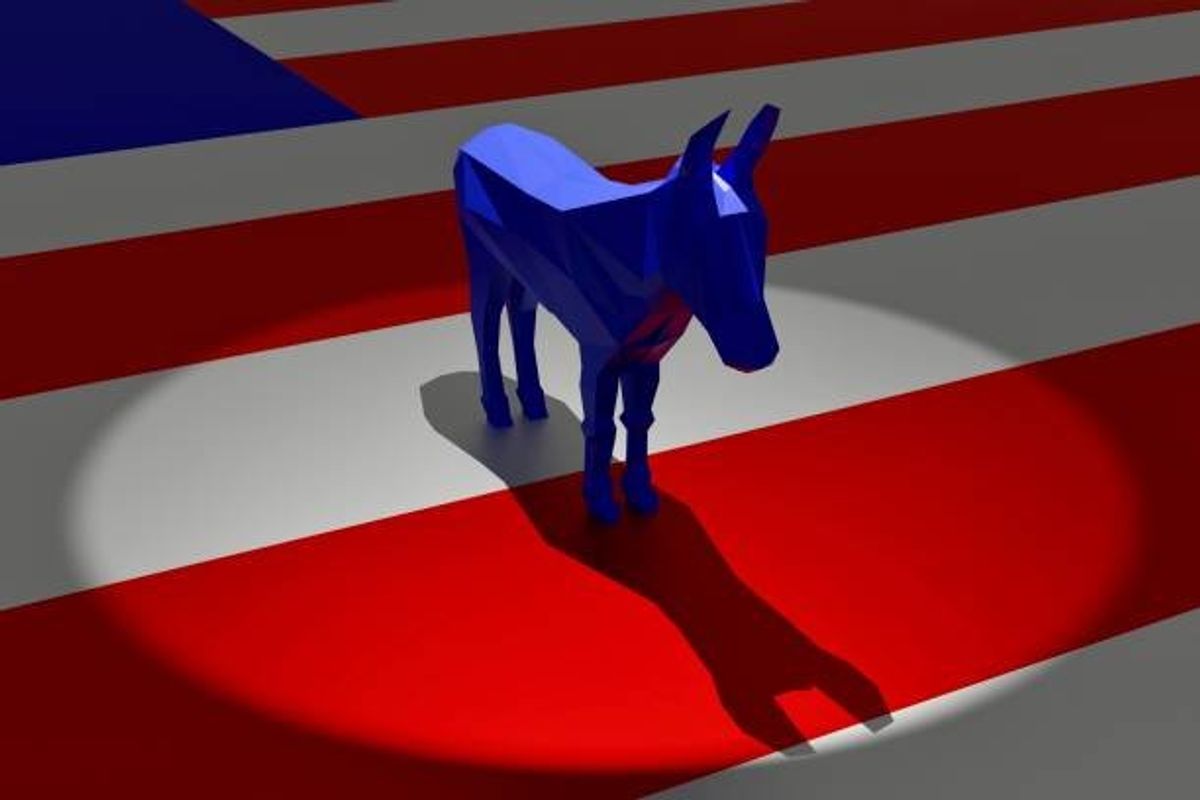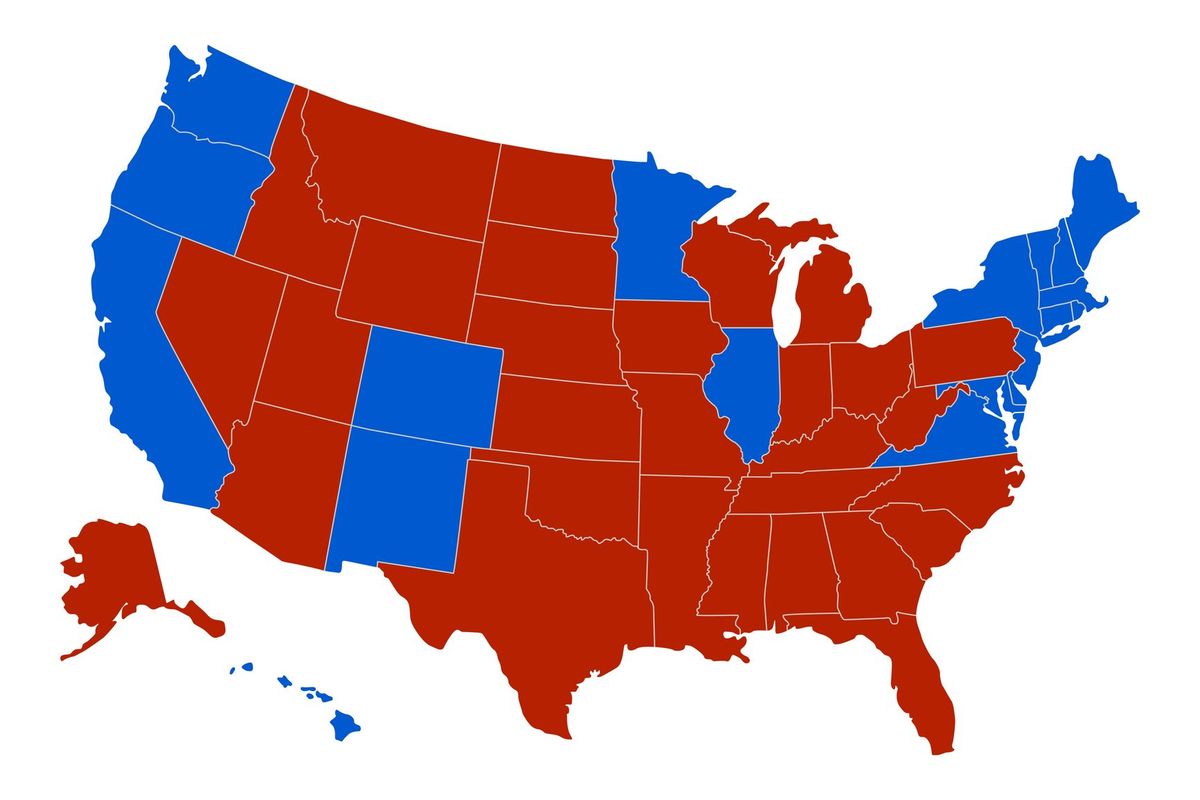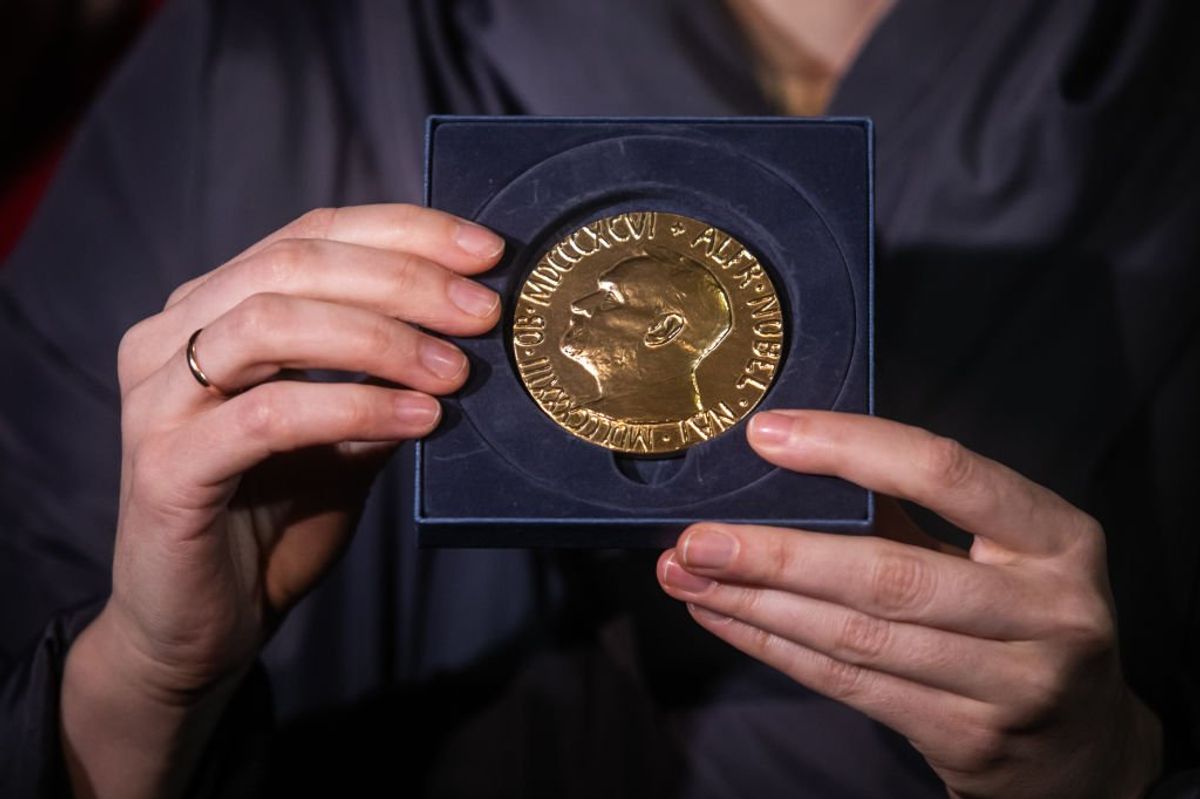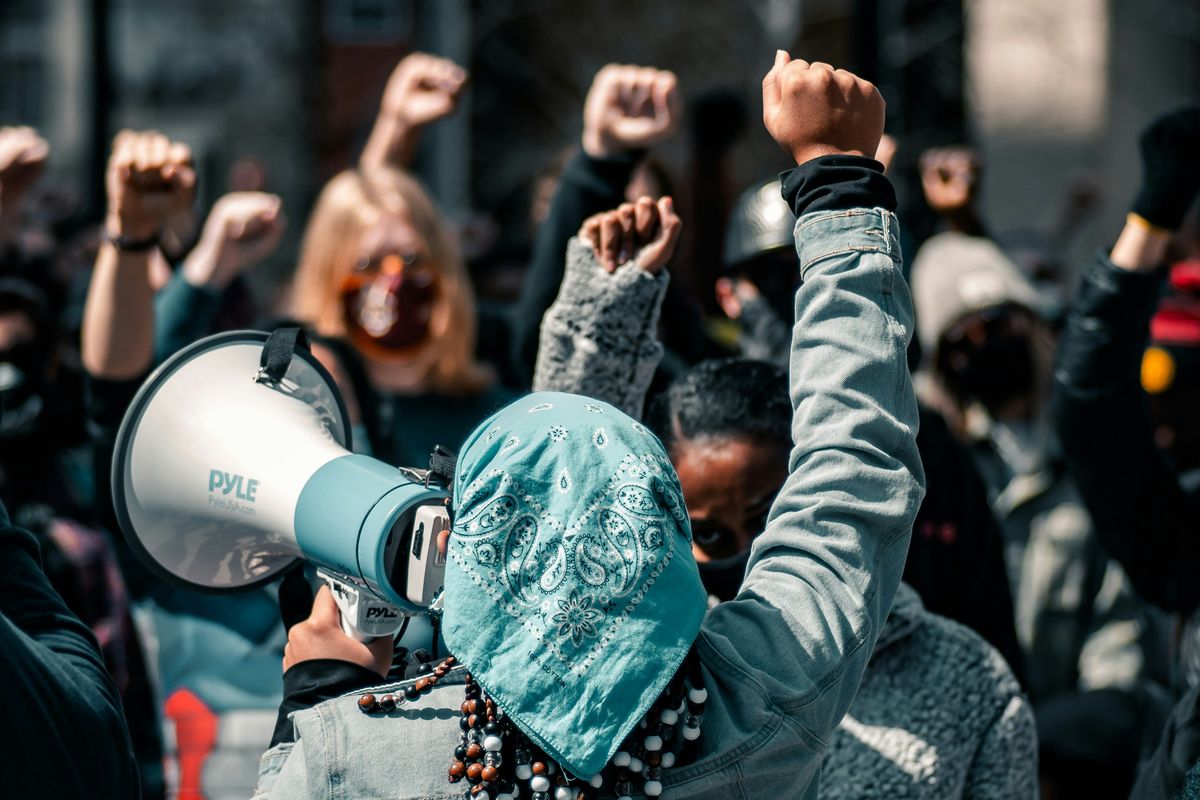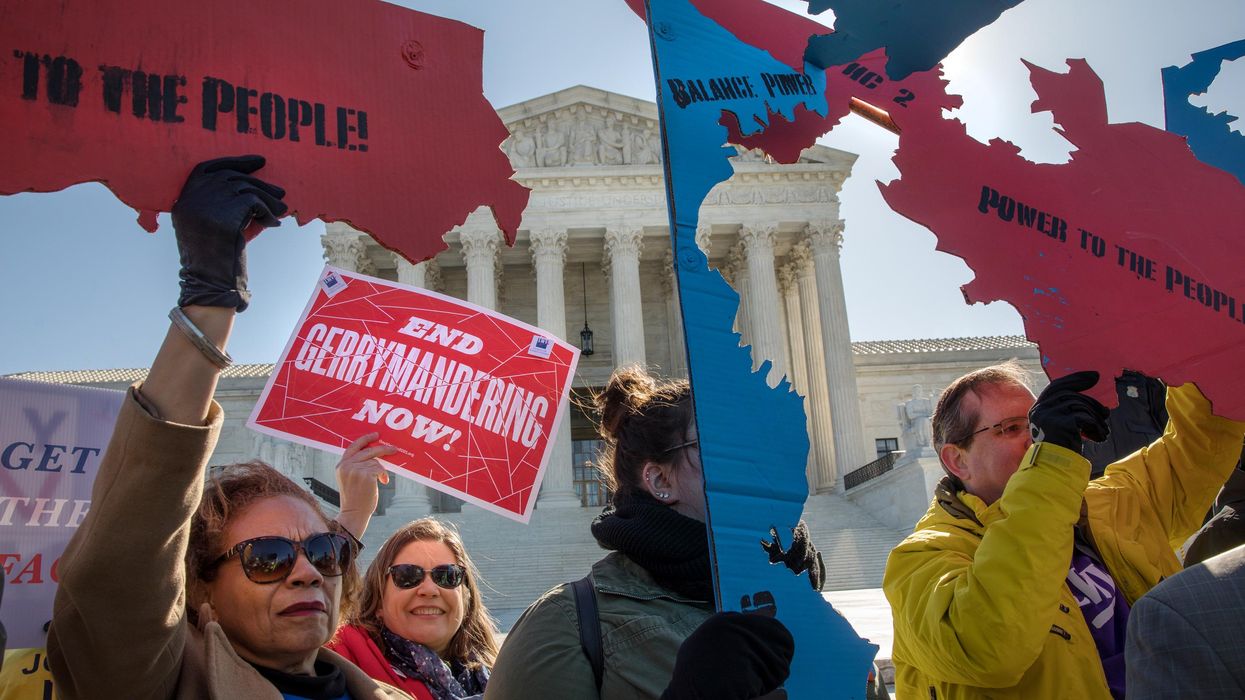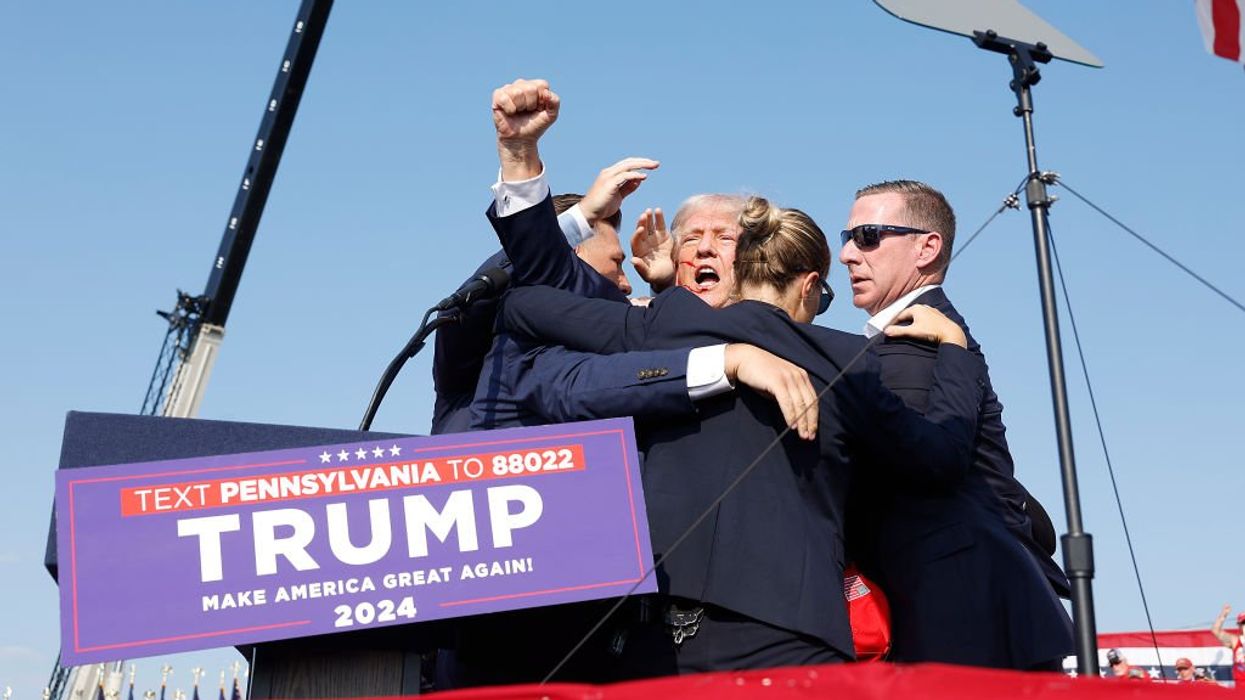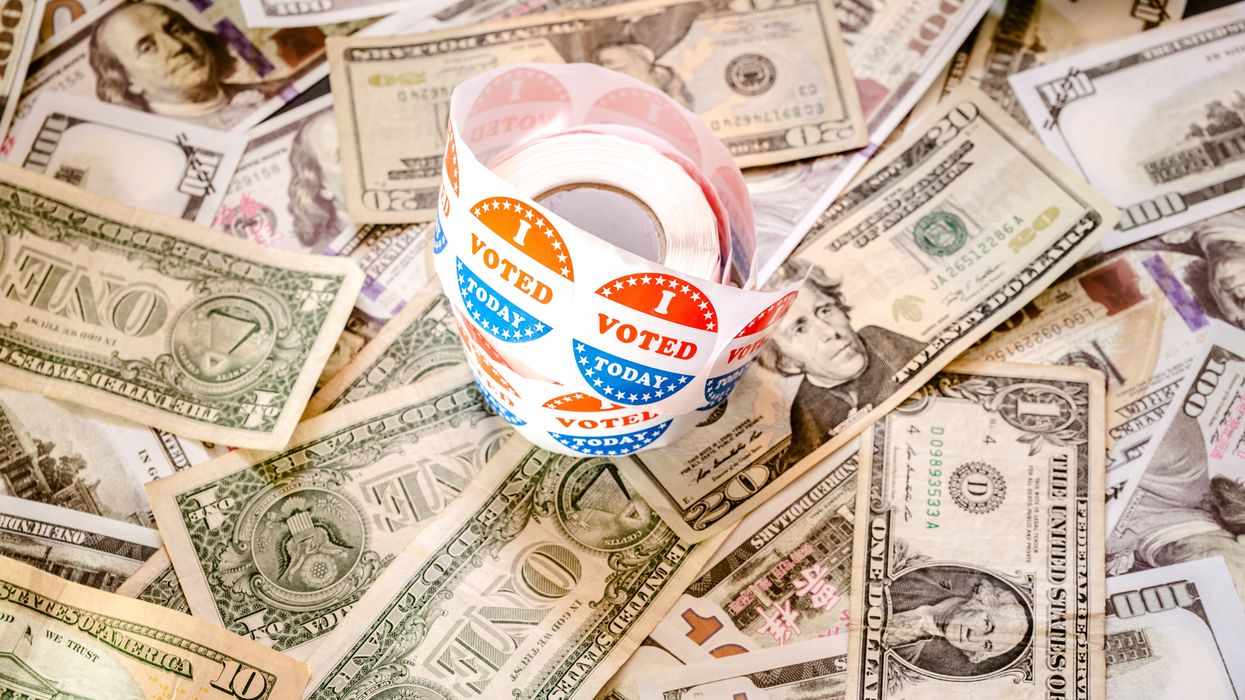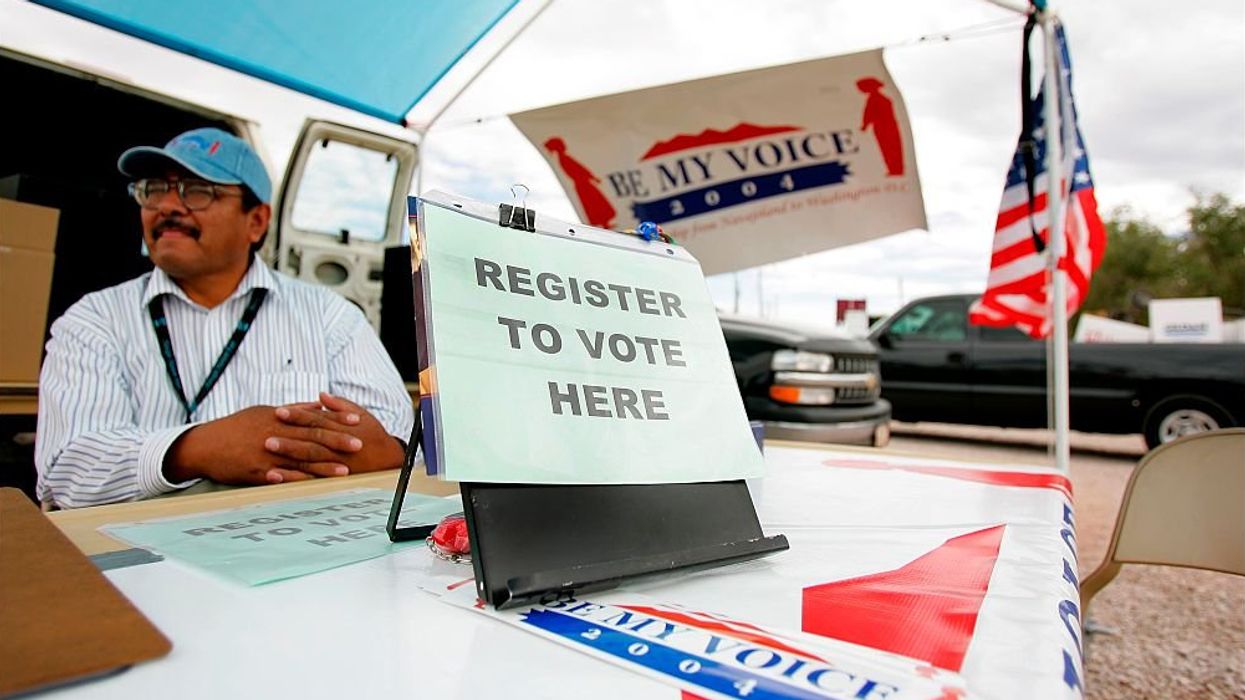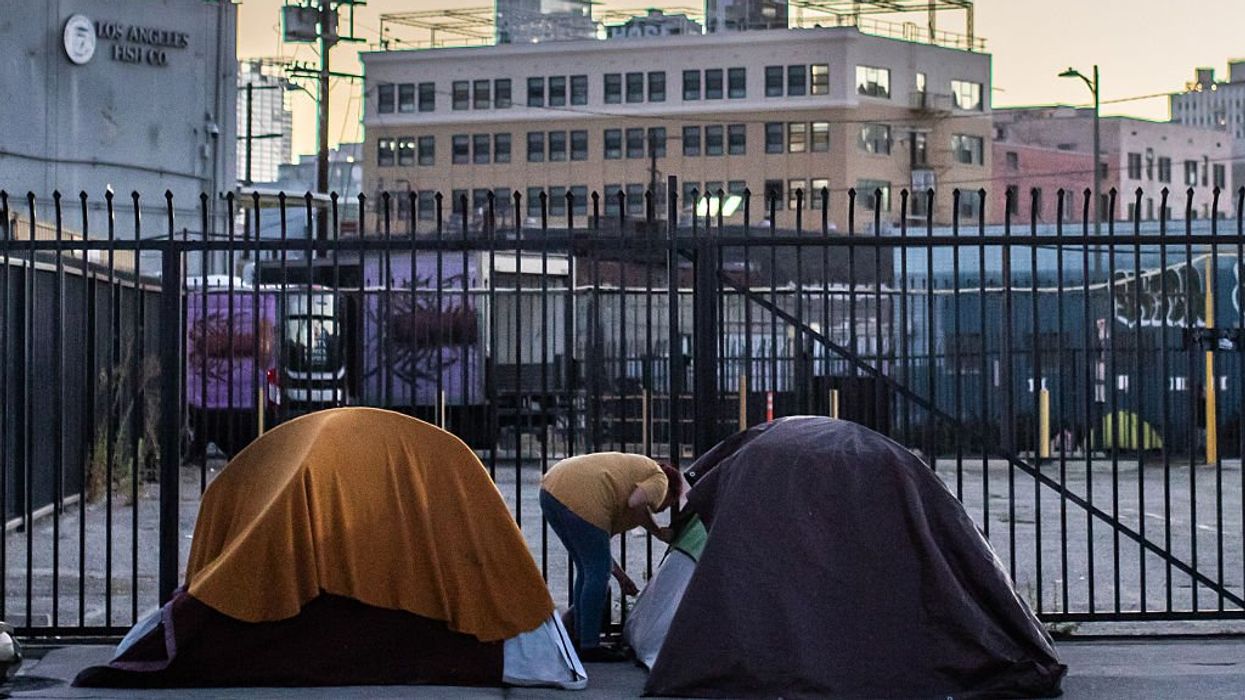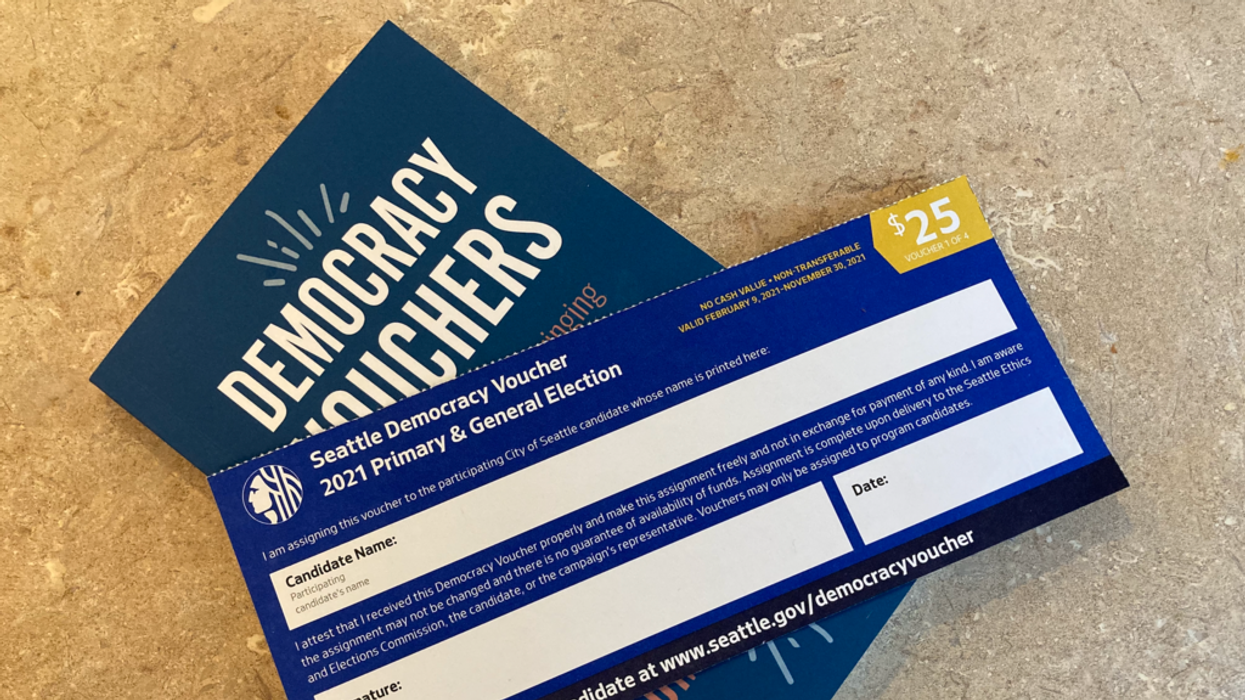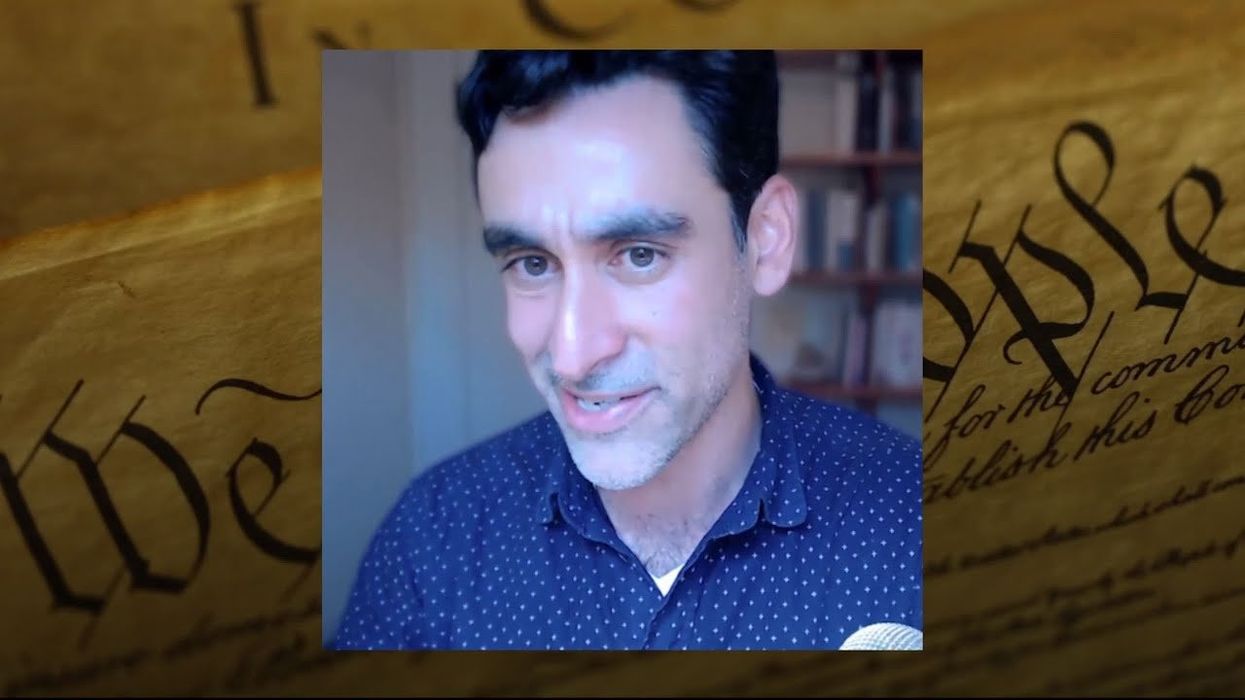Anderson edited "Leveraging: A Political, Economic and Societal Framework" (Springer, 2014), has taught at five universities and ran for the Democratic nomination for a Maryland congressional seat in 2016.
America needs a new center, but it does not need a new centrist political party. A new centrist political party that could overcome the widely recognized dysfunction in our national politics caused by both political parties would be great, but it is not going to happen. There are too many impediments preventing the rise of a vibrant third party, including the fundraising obstacle, gerrymandering, the absence of open primaries in most states, and the poor historic record of third party candidates.
What is needed is a surge in independent politicians who are not part of a weak national third party, but who will push, directly and indirectly, the political system into a new center space. Democrats and Republicans ironically will be central to the birth of the new center and the death of their joint control over our political system.
Independent candidates from different ideological perspectives in the U.S. House of Representatives and U.S. Senate could wield sufficient power to forge compromises on major legislation concerning guns, the environment, child care, paid parental leave, the national debt and corporate tax rates. The key is not to make a centrist political party the change agent, which was the strategy of Charles Wheelan's The Centrist Manifesto and the third party, Unite America. This strategy paints a target on the back of the third party itself.
Dartmouth's Professor Wheelan was about half right: generate enough votes in the Senate to act as a fulcrum (he called his approach the "Fulcrum Strategy") to forge compromises between the two parties. But he was mistaken to think that we needed a political party which advocated for moderate centrist solutions proposed by independents to create the leverage necessary to bring about the changes. Candidates which Unite America backed for the House and Senate in 2018 all came up short, and Unite America reinvented itself in 2019 and 2020. Today they back independents, Republicans and Democrats as well as election reform initiatives.
Independents, on the view being articulated here, would ultimately leverage their power to generate ambitious centrist solutions, but they themselves would not start from a moderate centrist standpoint or an ambitious new centrist standpoint. They would ideally move toward an ambitious new centrist standpoint because it would be more agreeable than the positions of the two major parties. We need creativity and out of the box thinking, not the same old trench warfare.
Therefore, the task before us is to have a diversity of communities and funders to encourage and back candidates from a range of political perspectives -- libertarian to green -- that are united in their opposition to both Democrats and Republicans. These candidates will disagree about substantive policies but agree that neither the Democrats nor the Republicans have the answers or the requisite attitudes to craft the policy solutions we need. Their opposition to the two major parties, however, will in the end be sufficient to create the legislative basis for tripartisan solutions to our major challenges ahead that go beyond a moderate middle position between the two major parties.
There is no doubt that structural changes are needed in our electoral system as well, notably ranked-choice voting, open primaries and elimination of gerrymandering. Yet new laws and regulations will not by themselves transform the electoral system. We need a concept of how legislative change could come about through tripartisan policy solutions, and we need organizations which are in the fixing our democracy space as well as the media, traditional and social, to televise, advertise and catalyze this political development.
Notice that electing an independent president would shorten the birth pangs of this new political system, but change can come about with either a Democratic or Republican president. The president will need to help steer a new centrist legislative agenda, but ultimately it is Congress that will be the driving force of this transformation because Congress, not the president, makes laws.
The trajectory from here, to be sure, will not be linear. It will be more complex and nuanced. It will also take place over the course of five to ten years. You cannot transform Washington politics with a wrecking ball.
